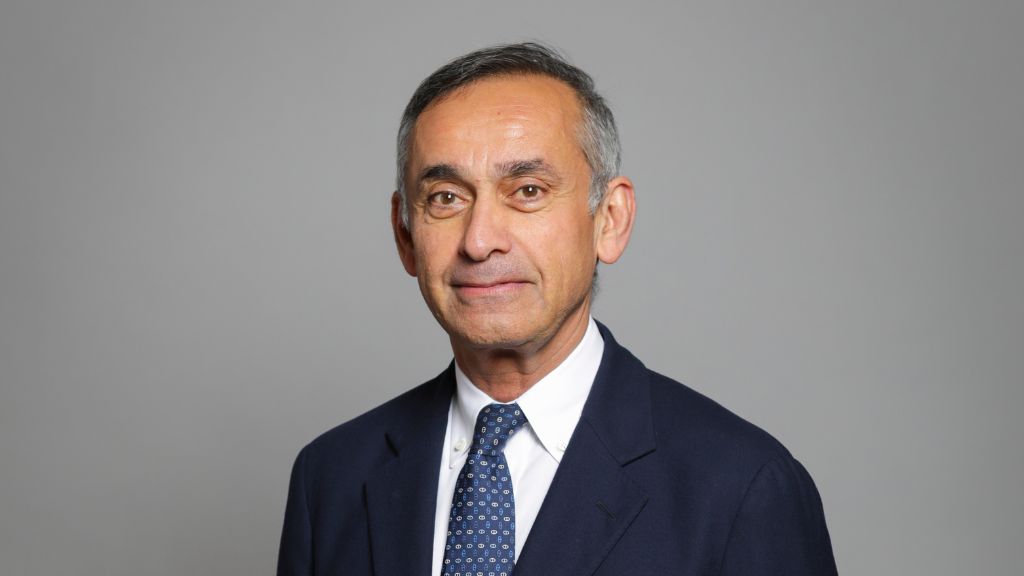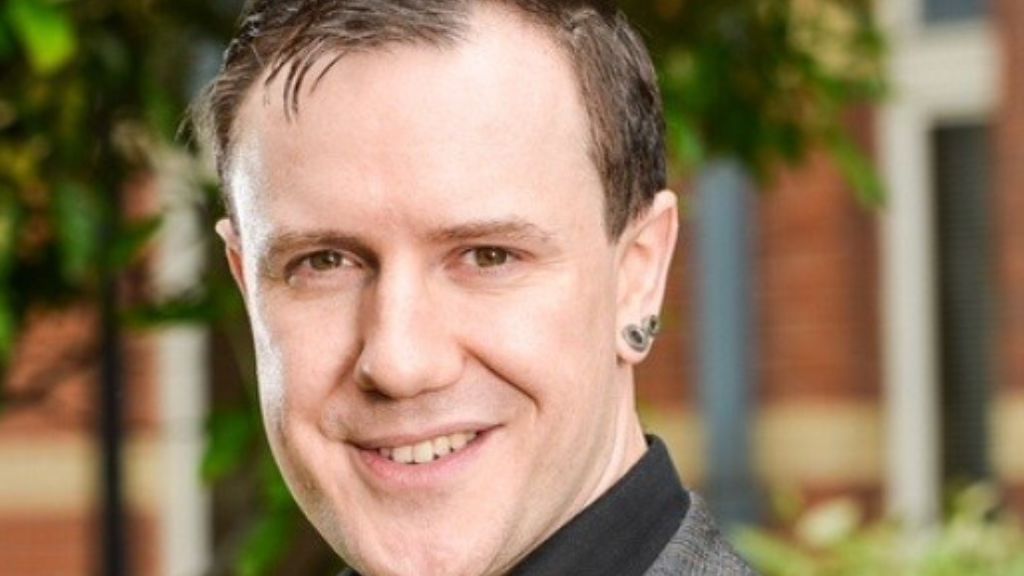REACTION: ‘No quick fixes’, says sector in response to Darzi review
In the wake of the Darzi report, or ‘The Independent Investigation of the National Health Service in England’, the health and social care sector has come out in full force to back many of the document’s findings.

Martin Green, chief executive of Care England, commented: “Ministers must recognise that investing in and reforming social care is not just a separate issue. it is integral to the survival and success of the NHS. Right now, 13% of NHS beds are occupied by patients awaiting social care support. These delays are not just numbers; they represent people who deserve timely care in the right setting. Until we address this backlog in social care, we will continue to see pressure mount on hospitals and the NHS.
“We are ready to engage with the government and offer solutions. The expertise exists within social care to contribute to reform for both the NHS and social care, and we are ready, able and willing to be part of the solution development and not just participate in a box ticking consultation. Now is a critical moment for change.

“Instead of excessive oversight that has failed to deliver, the focus should be on frontline care for individuals and communities. We need to streamline, remove barriers, and prioritise real solutions – not layers of ineffective bureaucratic regulation.
“With unprecedented transparency in the analysis provided in today’s report, the path forward is clearer than ever. If the government and its departments can work at this speed to produce such comprehensive data, they can certainly accelerate the changes we urgently need for social care. Now is the time for bold decisions and meaningful action.”
Vic Rayner, chief executive officer of the National Care Forum, said: “As Lord Darzi has highlighted, it will be impossible to fix the broken NHS without high-quality social care. He rightly points out that social care ‘is a vital service in its own right, helping people with disabilities, and all of us we age, to lead full and independent lives for as long as possible’, but this value has simply not been recognised, nor has it been invested in.
“Without high-quality adult social care, it will be impossible to sustain economic growth, tackle inequalities or deal with wider issues in public services – and ultimately, enable people to live their lives to the full.

“We now need to see positive action on adult social care. In the past few days we have heard some welcome statements from the government about the need to grapple with the immediate challenges as well as the long-term ones. There is time, political capital, and the expertise of a united social care sector to make this happen. We urge the government to chart a course with adult social care at its centre and we stand ready to help transform adult social care for the millions who work in it and most vitally, draw upon it.”
Jane Townson, chief executive officer of the Homecare Association, said: “Lord Darzi’s review starkly illustrates the challenges facing our healthcare system. The findings resonate deeply with what we in the home care sector have long observed and advocated for. The shift towards community-based care is not just desirable; it’s essential for the sustainability of our health services and the wellbeing of our nation.

“Home care plays a key role in preventing hospital admissions and readmissions, and reducing delayed discharges. With 13% of hospital beds occupied by people waiting for social care, it’s clear that investing in our sector can contribute directly to reducing waiting lists for NHS treatment. Our report offers suggestions for improving the hospital discharge process, from the perspective of home care providers.
“We urge policymakers to pay attention to Lord Darzi’s recommendations and invest in community services, particularly home care. By doing so, we can help to reduce demand for costly NHS services, increase efficiency and improve outcomes.”
Sarah Woolnough, chief executive of The King’s Fund, said: “This review is an authoritative and sobering articulation of what patients have been telling us for some time – services are stretched to breaking point and people are losing faith that support will be there when they need it.
“The review is more than just a gloomy assessment of how long it will take to recover services, it is a mandate for government to take bold, decisive action.

“The biggest improvements to health and care in this country will come from prioritising services outside of hospital. That means greater investment in the primary and community services that support people before they end up needing hospital treatment. It means political focus on public health strategies that keep people healthy and prevent illness in the first place. And it means finally getting to grips with the much-needed reform of adult social care.
“Lord Darzi’s review also underscores the need to move beyond past lazy criticism regarding the value of NHS managers and instead recognise that implementing major improvement to the health service requires investment in high-quality leaders.
“Ministers now face tough trade-offs between tackling immediate NHS pressures or prioritising reform of the root causes of the crisis. Today’s review makes clear that incremental improvement will not do – radical change is needed. The task is not simply to prop the NHS back up; it is to create a new approach to health and care in this country.”
Thea Stein, chief executive of the Nuffield Trust, said: “Lord Darzi’s damning report underlines the stark realities experienced across almost every corner of the health service. Wide-ranging problems have been growing in plain sight for years and Darzi’s impressively comprehensive assessment will be familiar to anyone who has studied or experienced the slow deterioration of health care provision in England.
“While not surprising, the report’s findings are deeply troubling. As our research work has repeatedly shown, too often the NHS is not able to provide people with the timely care they need, despite steadfast public commitment to the core principles of the health service. The impacts of this are not felt equally: people in the poorest areas are particularly struggling to access healthcare.
“The big question now is what happens next.

“The government has an early opportunity to make good on long-argued points on dysfunctional NHS funding in its first budget next month. The health service is staring down the barrel of a significant shortfall in funding this current year and the chancellor will need to set out clear plans to tackle this, ahead of a longer-term funding settlement.
“Rightly, the report repeatedly references the interrelated, compounding pressures of the desperate state of social care and cuts to public health provision. But by design it does not dig into those issues. In future, we hope to see serious work by the government to address those broader societal issues that determine population health and impact health care access.
“Ultimately, Lord Darzi’s diagnostic report sets out important aspirations to be delivered in the forthcoming 10-year plan to treat – and fix – the NHS. But the improvements we all hope for – and that patients desperately need – will take time, commitment and major financial, practical and system-wide support. There will be no quick fixes.”
Max Parmentier, chief executive officer and co-founder of Birdie, said: “Social care is one of the most important pillars of our society and economy. Although the sector has come a long way, we still face severe challenges, with over 400,000 people awaiting assessment to start being cared for and a significant funding gap to sustain the level of current care delivery in the community.

“The Darzi report highlights the role of social care in transforming our health and care system. Every day, I meet social care leaders expressing their deep commitment to improving our system – they’re ready to help.”
Kathryn Smith, chief executive of the Social Care Institute for Excellence, said: “Although focused on the problems facing the NHS, the Darzi Review strengthens the case for acting on social care reform sooner rather than later. The Review lays bare the critical and long-standing issues facing both the NHS and the social care system, from service fragmentation and underfunding to inefficiencies and an ageing population. To resolve the NHS’s long waiting times and improve healthcare outcomes, we need to consider patient pathways across health and social care systems as a whole.
“Lord Darzi’s analysis recognises that health and social care cannot function effectively in silos; they are inter-dependent. Enabling people of all ages, not just older people, to live independently, manage long-term conditions and relieve the pressure on finite NHS and emergency services are goals of both systems. Without a coordinated approach, people will continue to face under-met and unmet care needs, and family carers will remain overstretched.

“Waiting for government action and investment on social care may prove to be a false economy. Social care must be treated as an equal partner to the NHS, and we must leverage opportunities now for upstream prevention, new models of community care and digital innovation. The NHS 10-year Plan has an important role to play in reimagining both our future national health system and social care.
“This is a vital moment for the future of care in the UK—one we cannot afford to miss. We look forward to working closely with government, health and care partners as future plans for the NHS and a National Care System take shape.”




